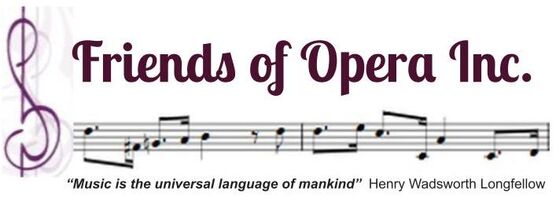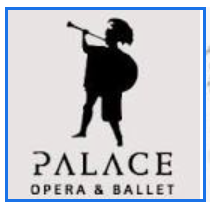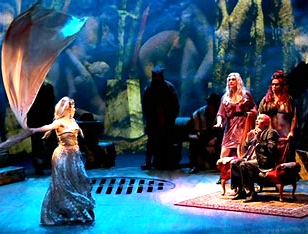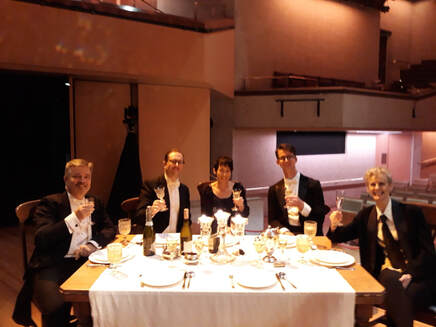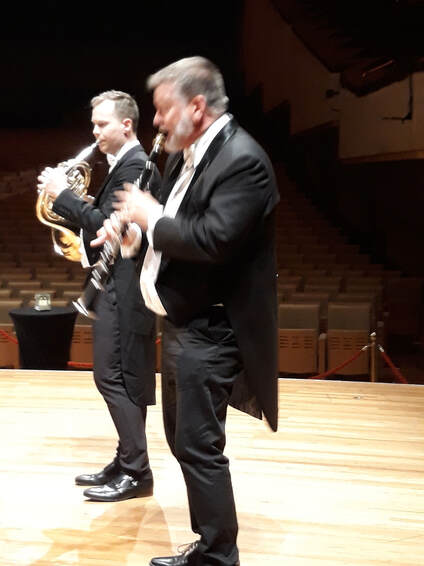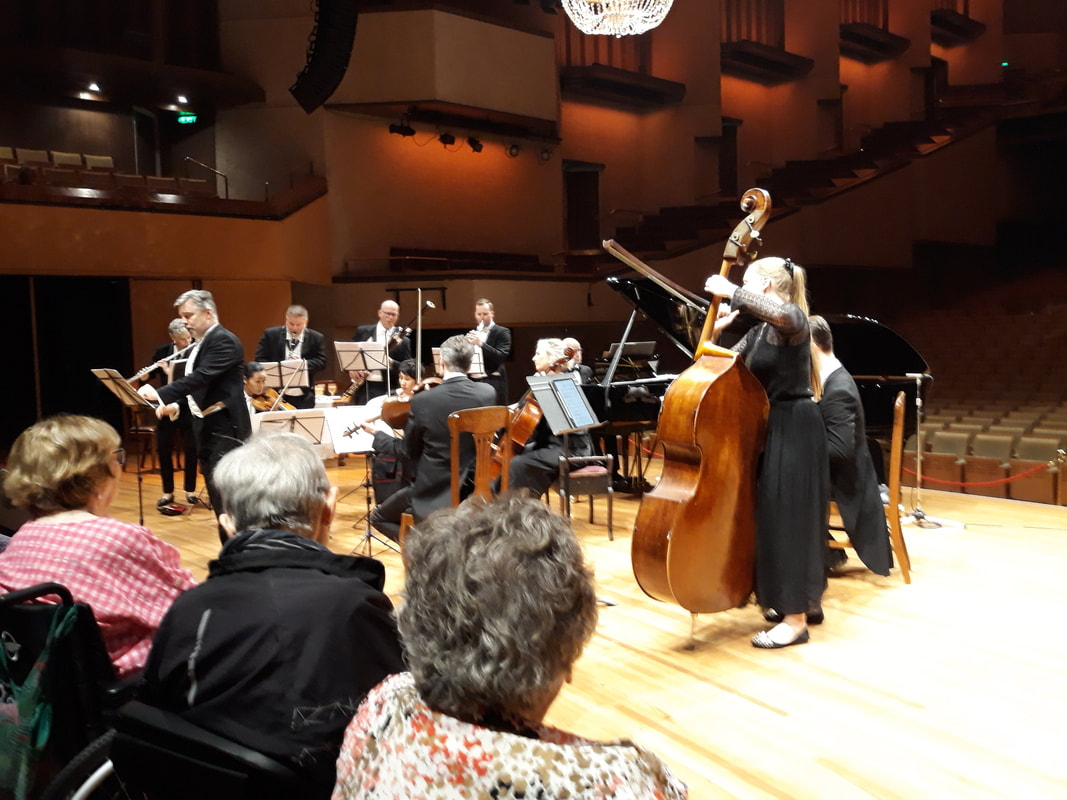|
A MAGNIFICENT DINNER PARTY by Wis Jablonski, President On the 8 th of October, Robert Sanderson (our Vice President) and I, representing “Friends of Opera Inc.”, attended something very special at QPAC. Ensemble Q co-directors Paul and Trish Dean curated a marvellous chamber concert program based on an event in Graz (Austria) on May 6 th of 1906. So, what happened there? The Austrian premiere of Richard Straus’s opera “Salome”, was given, under the watchful eye of the Austro-Hungarian Empire’s censors, at the Graz Opera in 1906 with Strauss himself conducting. As is commonly known, Salome was a risqué subject for a play, originally written in French, by Oscar Wilde (who, incidentally, is now buried in Paris’s Père Lachaise cemetery). Arnold Schoenberg, Giacomo Puccini, Alban Berg, Gustav Mahler and Alma Mahler were in the audience, all keen to experience Strauss’s new opera. Alexander von Zemlinsky and the widow of Johann Strauss II, Adele Deutsch, were also present. There was also, unconfirmed, one less illustrious guest, among publishers, poets, and painters. What was very significant was that the early 1900s were years when traditional methods of tonal composition were being slowly replaced by new atonal methods. Ensemble Q decided to give last month’s capacity audience a taste of the atmosphere of over 100 years ago, by re-creating a dinner party, given at the time of the 1906 Salome performance, at which all the above composers were present. The entire concept succeeded marvellously. The composers were represented here by 19 significant, mostly short compositions, some tonal and others atonal, all played with great verve and virtuosity by the highly accomplished Ensemble Q musicians. Those concert-class musicians were complemented by Shaun Brown, singing Gustav Mahler’s songs in an excellent German. During the intermission I had a chance to talk to an old friend, the clarinettist and composer Paul Dean (now Associate Professor at the Queensland Conservatorium) about his Australian opera “Dry River Run”, which also created quite a stir at its 2018 premiere. As to Strauss’s Salome, it has been performed all over the world with celebrated singers like Teresa Stratas and Maria Ewing to name only a few. Especially Miss Ewing attracted the warmest reviews, not least for the succès de scandale that she achieved in the opera's notorious Dance of the Seven Veils. There is a small anecdote regarding Richard Strauss’s denazification process in post WWII Germany which testifies to his popularity in the decades after the “Salome” premiere. When approached by the German officials, accused of collaborating with the Hitler regime during the war, Strauss simply replied: “I am the composer of Salome and Der Rosenkavalier; stop bothering me” They never came back. This is the power of music, may it last forever. |
